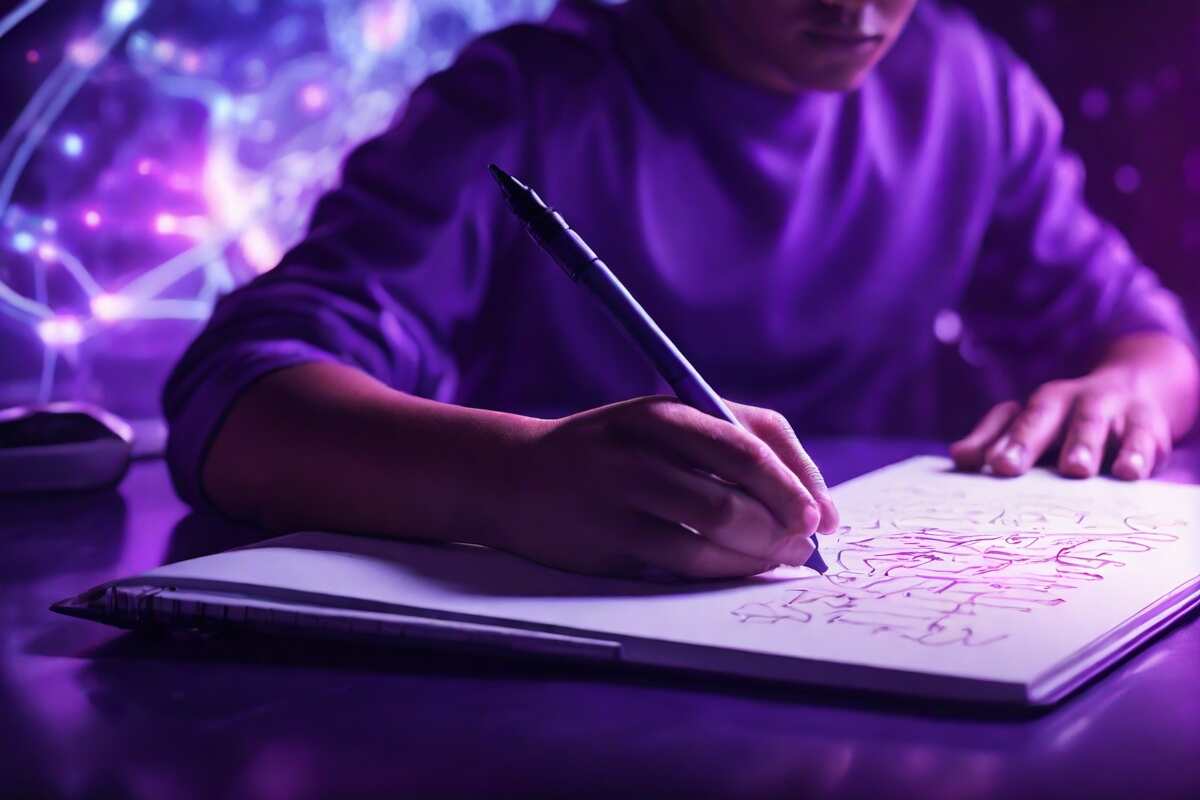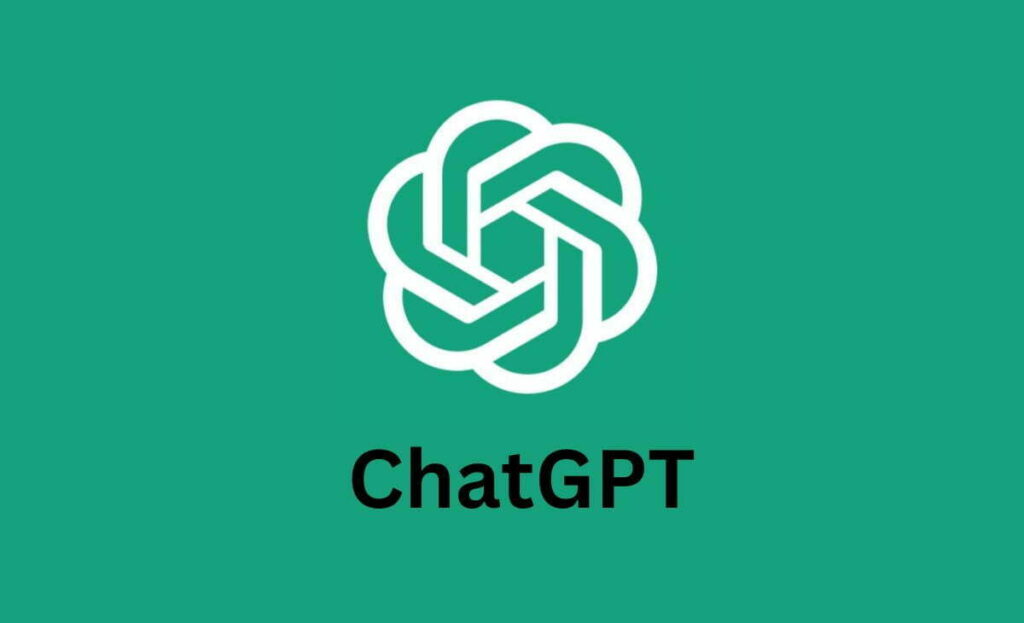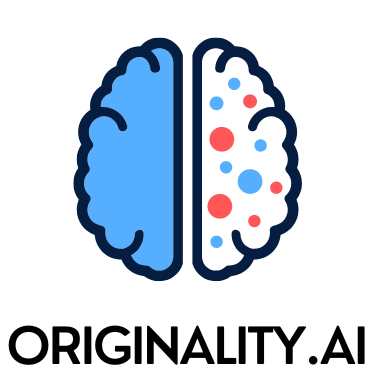4 Ways Content Writers Use AI Tools to Boost Productivity

The inception of generative AI tools like ChatGPT, BARD, etc., has posed chiefly a threat to Content writers as they can generate human-like content. It caused initial panic as companies started layoffs to implement AI tools in their operations. Several renowned media outlets did the same, claiming they aim to boost their output. However, the buzz went down when they realized that AI lacks human emotions, which is crucial to connect with the audience. Experts also do not recommend entirely relying on AI tools as they often produce misinformation.
So, why is human contribution required even after integrating generative AI tools in operations? These tools are trained using previous data; thus, the results they produce reflect the format of the information fed to their database. Thus, AI tools lack judgment of their own and may also generate content that might hurt the sentiment of a particular individual, culture, or community. Thus, before publishing AI-generated content, human writers must analyze and edit it to ensure they do not violate community guidelines.
Table of Contents
How Content Writers Can Use AI Tools?
The job of a content writer is not limited to writing, editing, or proofreading a document. There are several other details that they need to take care of before finalizing a piece of content. Managing so many tasks might get hectic. Thus, here are the four ways content writers can use generative AI tools to boost productivity.

Source: Leonardo
ChatGPT For Idea Creation
One of the primary tasks of Content Writers is to generate new and unique ideas to keep their audience engaged. However, even after long brainstorming sessions, they might experience creator’s block when they struggle to decide the next topic they will be working on.

Source: MKT Maven
To combat it, Content Writers can use ChatGPT – a generative AI tool to help curate new ideas. The trick is to provide an elaborate prompt, including your goal and target audience. ChatGPT can then suggest content ideas that might help writers decide on their next topic. For example, if you want to generate content ideas for a crypto website, your prompt should be – “Suggest 6 content ideas for a crypto website related to the future of Bitcoin.”
To learn more about prompt engineering, we recommend you read this article.
AnswerThePublic For SEO
SEO optimization is a crucial part of a Content Writer’s daily work. It includes keyword research, analyzing interlinks, finding quality backlinks and outbound links, etc. SEO is the key to content writing, as implementing the best practices will help gain quality traction.

Source: G2
Content Writers can use the tool to get daily SEO insights, which include what content people are searching for, competitor analysis to keep up with the changes they are implementing, etc. An exciting feature of AnswerThePublic is that Content Writers can get several keyword ideas based on a single keyword. Thus, the tool helps Content Writers manage several tasks at once, thus boosting their productivity.
OriginalityAI
With the rise of AI tools, duplicate content is also rising on the internet. It threatens the credibility of websites and content writers churning out unique content. The practice violates Google’s guidelines, as the search engine does not favour AI-generated content.

Source: Blogging QnA
OriginalityAI helps detect plagiarized content and provides results highlighting the percentage of AI content in a piece. Content Writers can use the tool to ensure that they haven’t inadvertently added plagiarized content to their work in seconds.
Canva
As previously mentioned, Content Writers have several responsibilities, including creating infographics, featured images, graphs, charts, etc. It can be daunting for those who struggle to curate creative themes or are not graphic design experts.

Source: Google Play
Canva has made the task more accessible by providing several pre-saved templates that Content Writers can customize according to their needs. They can also download their final creation and add it to their content piece to make it more engaging.
Conclusion
With the development of several advanced AI tools, the uprising seems to happen finally. Though it threatens several professionals, experts have reassured that AI cannot replace human intelligence or imitate their emotions.

